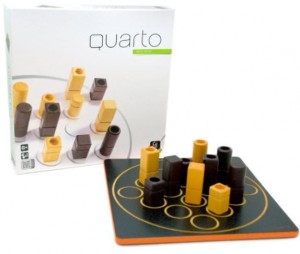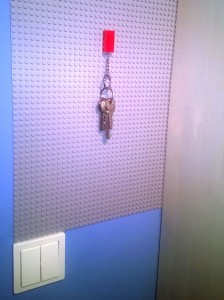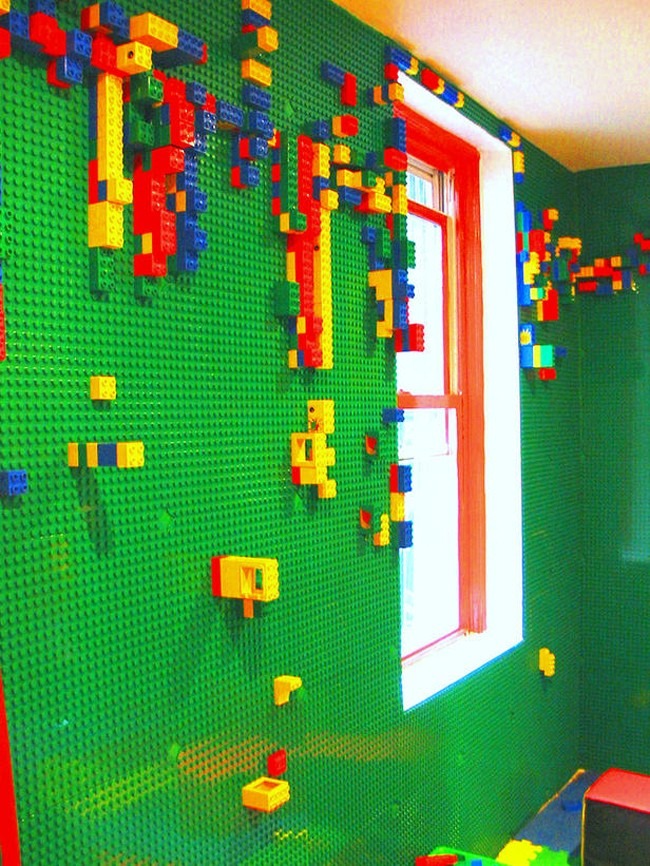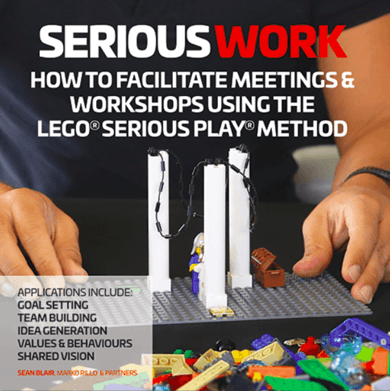Fast Company wrote this interesting article about how Puzzle nerd Heidi Williams of Box shares her favorite tools (all of them fun) for keeping her skills sharp. – by Rebecca Greenfield

Heidi Williams
Invented by a Swiss mathematician, Quarto is played on a 4×4 board. Players choose from among 16 different game pieces, each of which is either tall or short, dark or light, square or circular, and hollow top or solid top. The first person to get four with matching attributes across a row wins. “You constantly have to be looking at it from different perspectives,” Williams said.
It’s that quality that keeps Williams gaming. “Just being able to see something from someone else’s perspective, looking at a problem in a new way, thinking outside the box–is there something I’m not seeing?” she said. “I feel like software is like that.”
The research is still out on whether “brain training” games actually work. The studies have shown that playing games only makes people better at those tasks. Arguably, complex problem solving games are akin to making algorithms.
As a software person, Williams insists that it keeps her programming skills fresh. “You can’t just believe the constraints you’ve been given,” she says. “I think software is all about that.”
Any programmer understands the link between puzzles and algorithms. When hiring, tech companies often ask prospective hires to solve a series of riddles and games. In fact, Williams knew that her mind was suited to computer science by identifying her puzzling talents. “If you follow the things that you’re naturally good at, you’ll always be happier in your work life,” she said.
Puzzles can also help non-programming types who want to strengthen problem-solving skills. In addition to Quarto, she recommends Katamino and Quoridor, also wooden games produced by Gigamic. Katamino is a sort of IRL Tetris, and Quoridor is an abstract strategy game involving pawns.
However, for best results, she suggests playing with kids. “I love watching their creativity. As you grow up, you figure out what the boundaries of life are,” she says. “That’s one of the things that has inspired me–engaging with them.”









 Become a LEGO Serious Play facilitator - check one of the upcoming training events!
Become a LEGO Serious Play facilitator - check one of the upcoming training events!